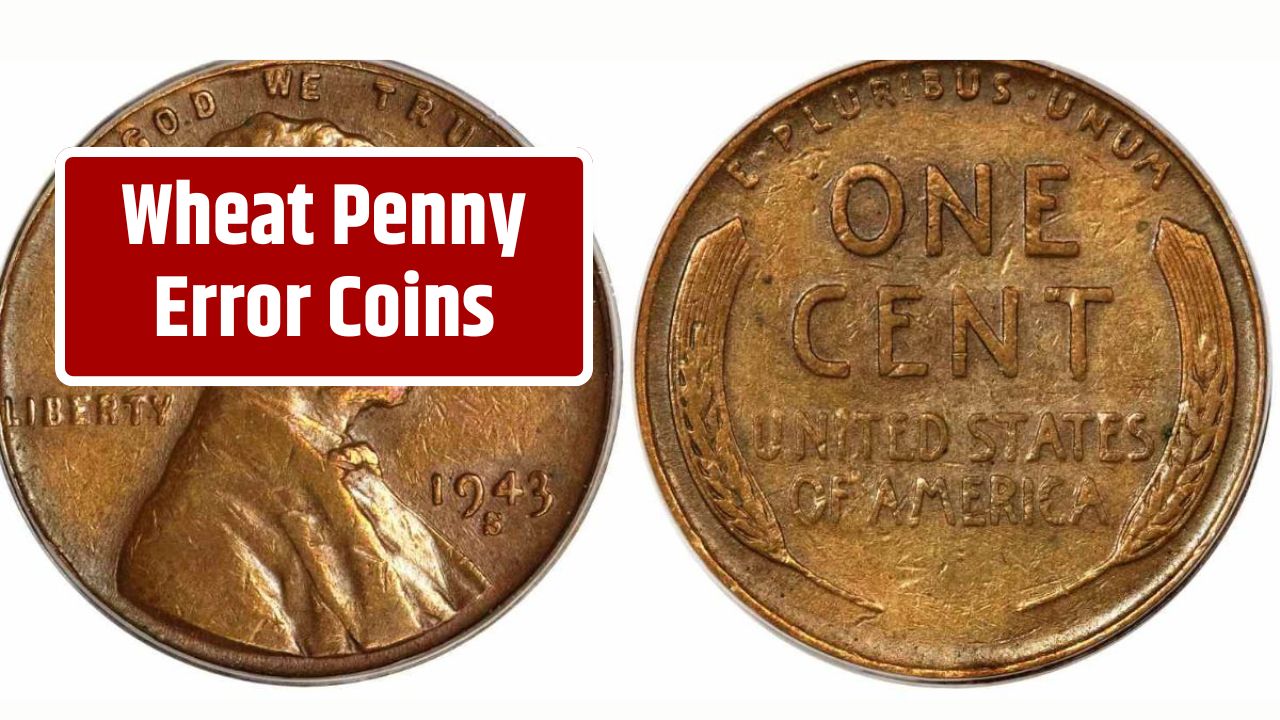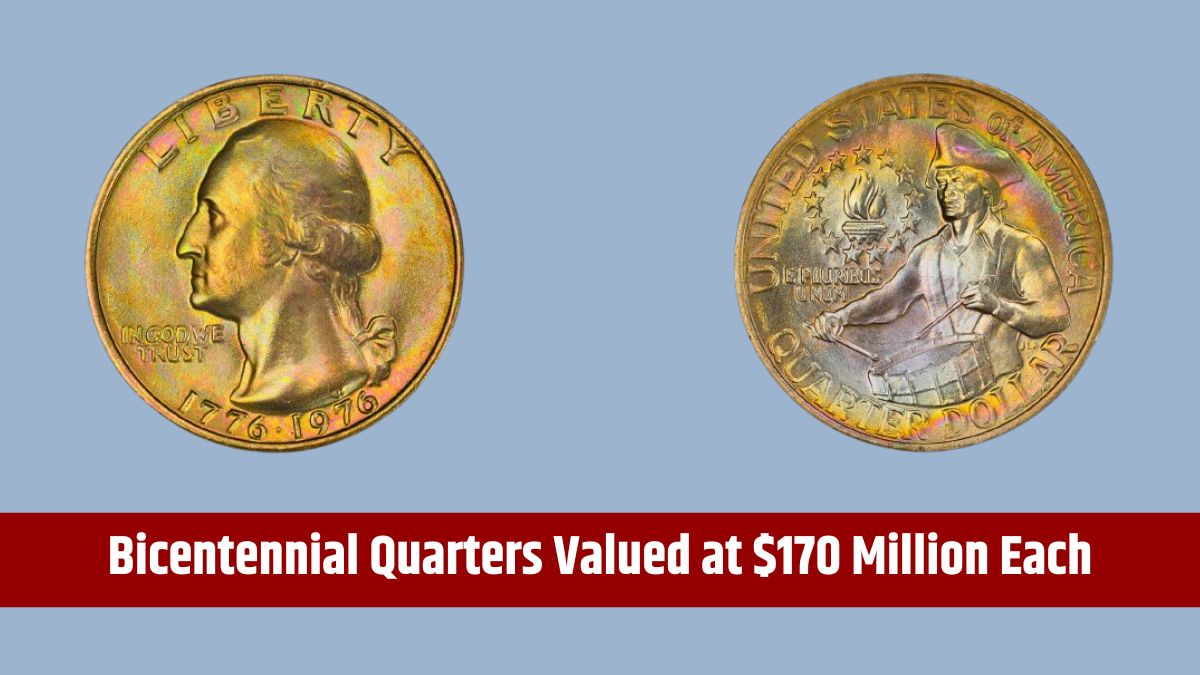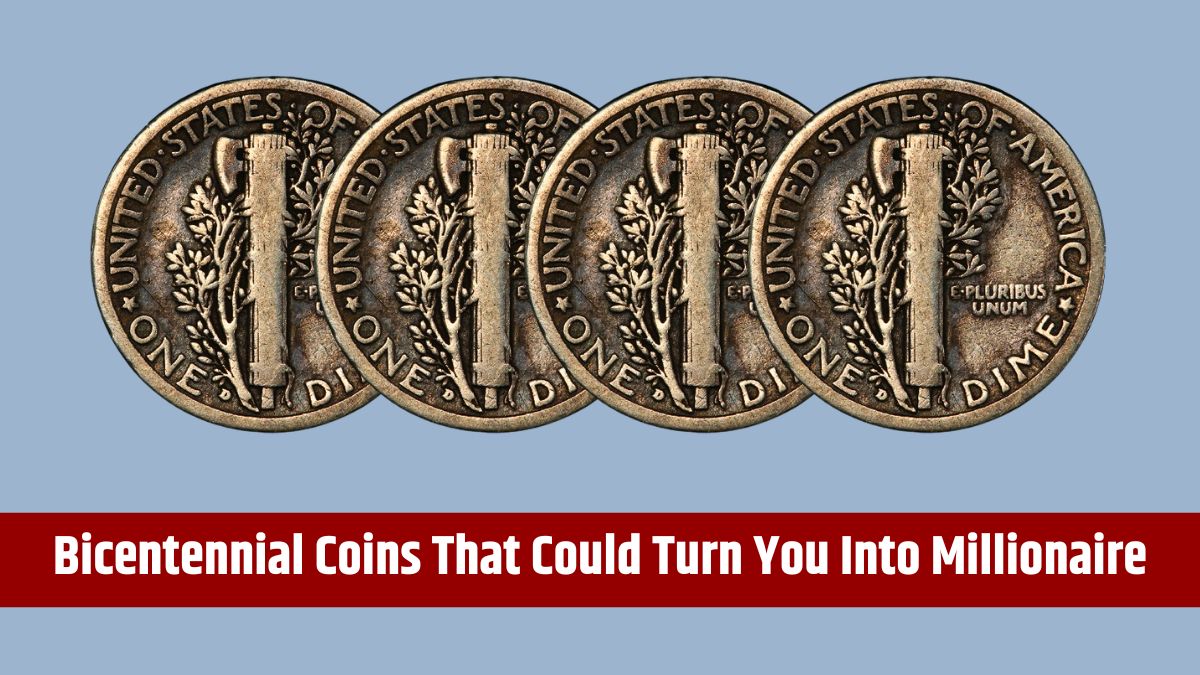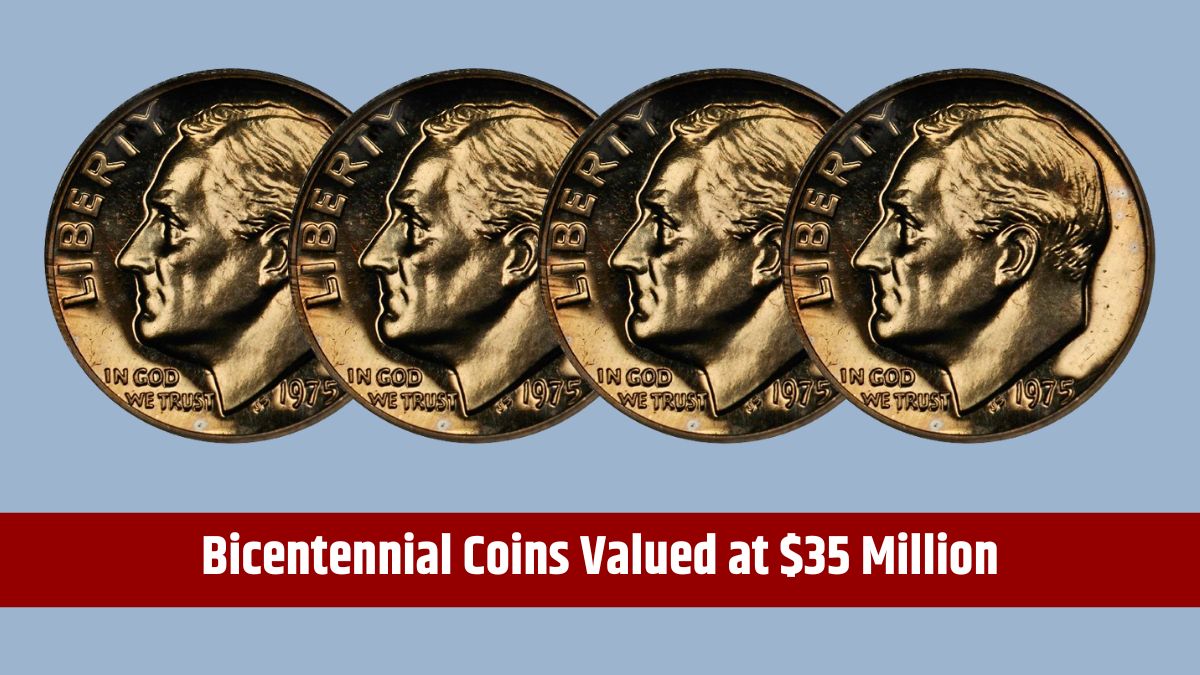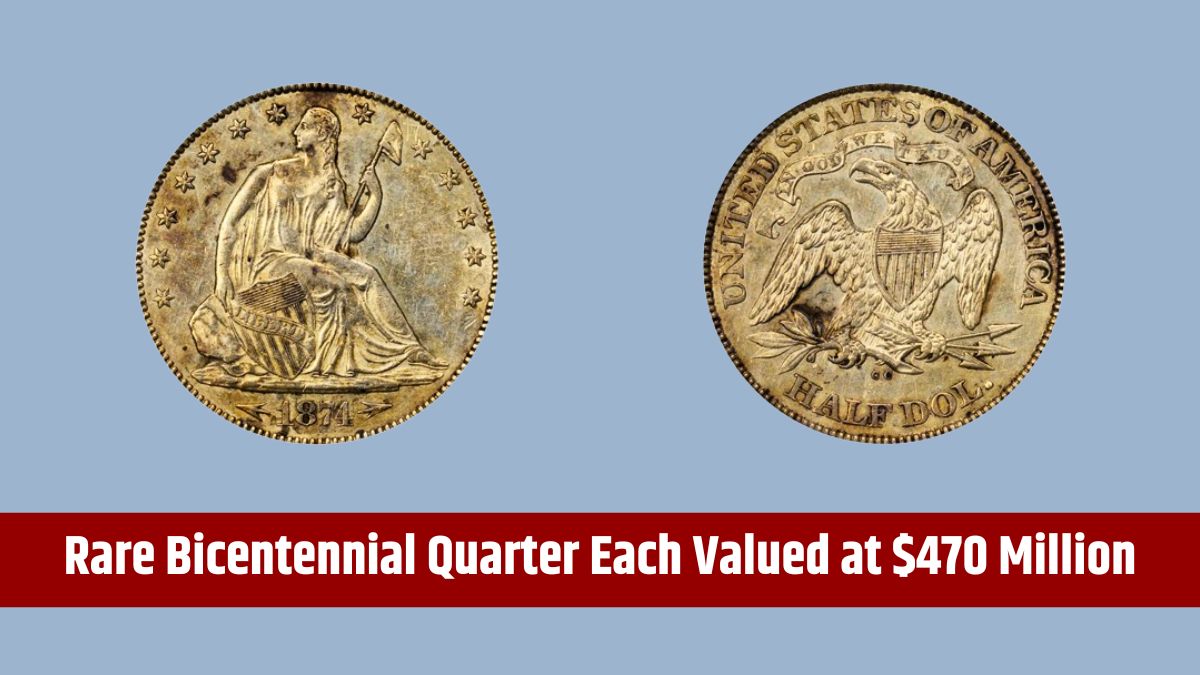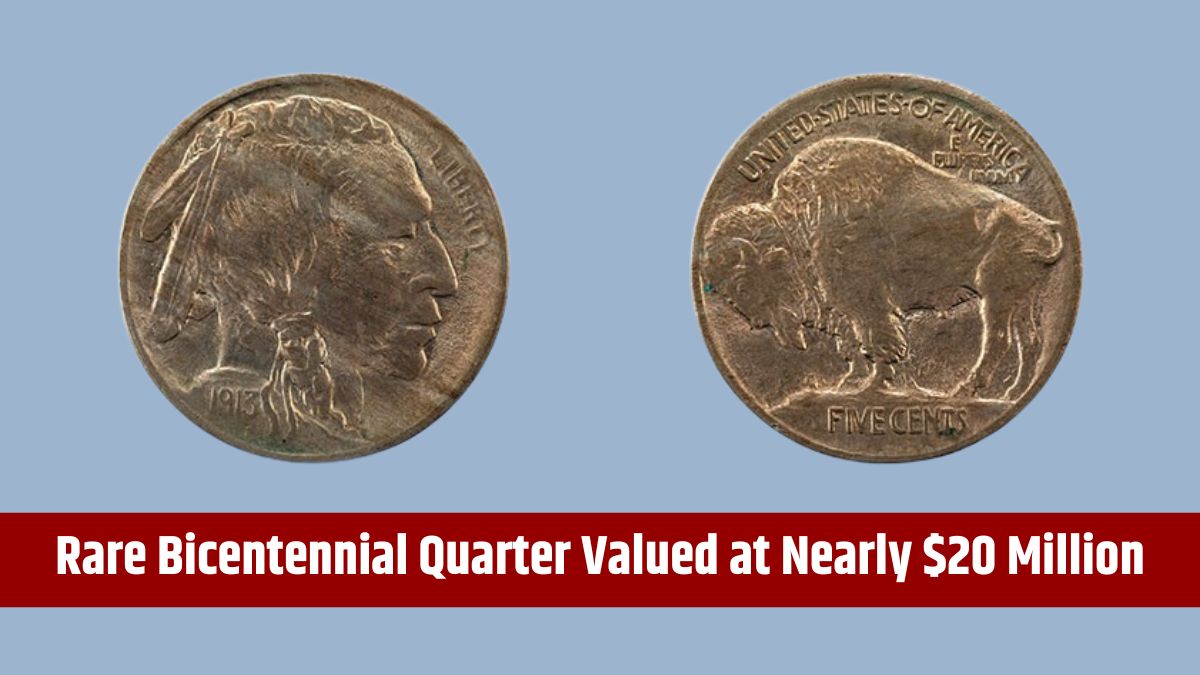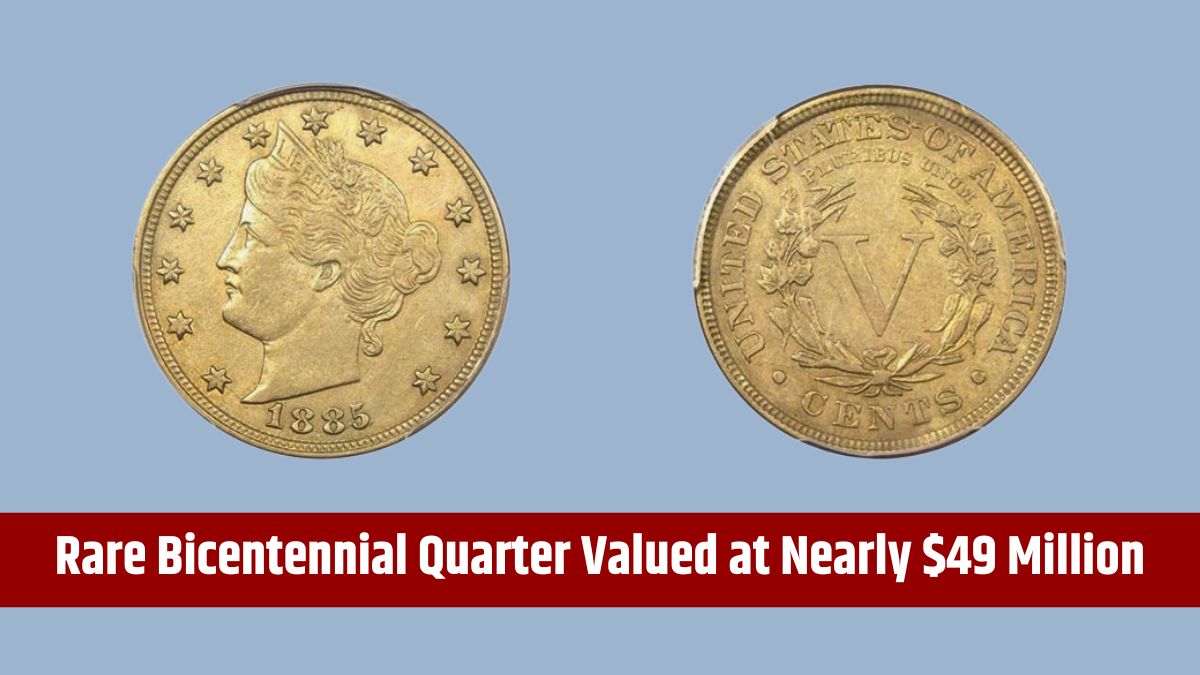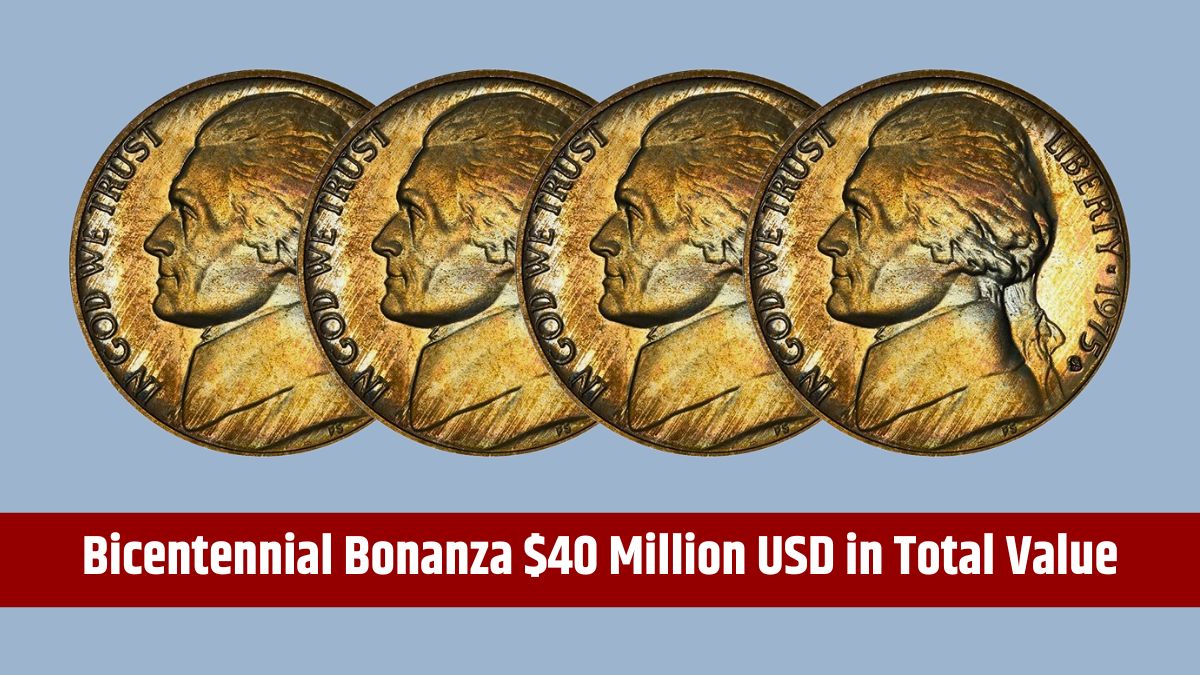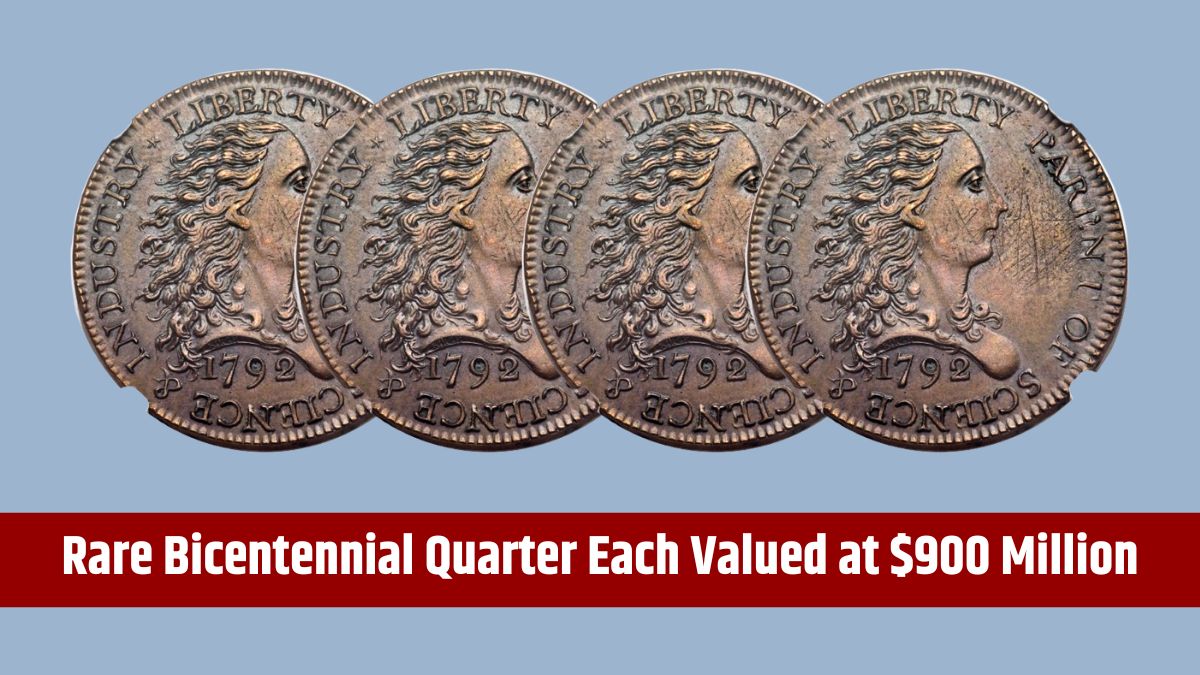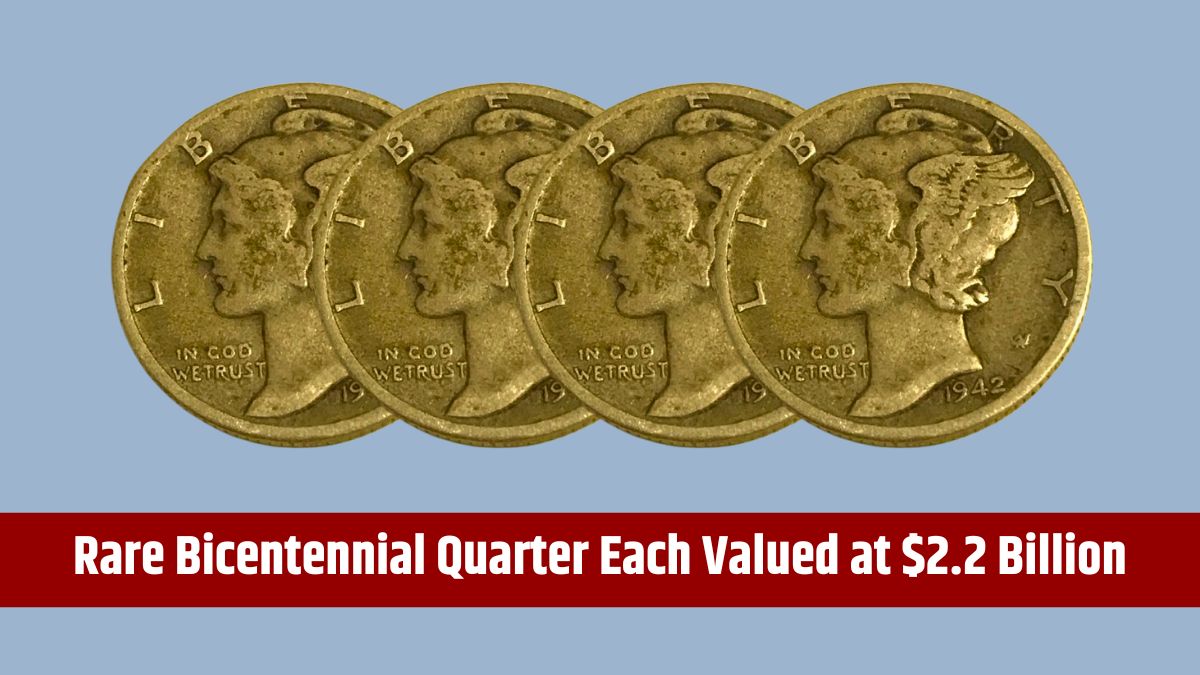Retirement is a goal that workers around the world look forward to, but not all countries provide equally robust systems to support this dream. According to the 2024 Mercer CFA Global Pension Index, the United States ranked 29th out of 48 countries, receiving an overall C+ grade.
The report indicates that the U.S. retirement system has “some good features but also has major risks and/or shortcomings that should be addressed.” This lower ranking, compared to last year’s score of 63, has sparked concerns about the future of retirement security in the U.S.
Ranking Criteria
The Global Pension Index evaluates pension systems across three main categories:
- Adequacy: Measures how well a system provides sufficient income for retirees.
- Sustainability: Assesses whether the system can continue to function as the population ages, taking into account factors such as government debt, public pension spending, and the ratio of working-age individuals to retirees.
- Integrity: Focuses on regulation and governance, ensuring pension members are protected and have clear information about their retirement plans.
The U.S. retirement system’s overall score fell to 60.4, reflecting areas where the system lags behind.
Expert Opinions
Experts have voiced concerns over the report’s findings, with many pointing to systemic issues in the U.S. retirement framework. Einat Steklov, CEO of Kashable, noted that the C+ grade accurately reflects the ongoing challenges in securing long-term financial stability for retirees. She cited significant gaps in “accessibility, adequacy, and education” within the system and pointed to the shift from defined benefit plans to defined contribution plans like 401(k)s. This shift has placed the burden of investment decision-making on individual employees rather than corporations, making retirement planning more complex.
Brandy Burch, CEO at Benefitbay, echoed these sentiments, emphasizing the potential benefits of combining public pensions with private savings incentives, a strategy used by top-ranked countries. She acknowledged the positive aspects of the U.S. retirement landscape, such as the rise of 401(k) plans and IRAs, which have provided more flexibility in retirement savings. However, she also suggested that expanding Social Security or enhancing its benefits could significantly improve retirement security for millions of Americans.
Pension Systems
Countries like the Netherlands, Iceland, Denmark, and Israel earned an A ranking in the report due to their strong and sustainable retirement income systems. These countries were recognized for providing substantial benefits while maintaining high levels of system integrity. Their success is largely attributed to combining strong public pensions with private savings incentives, which help ensure retirees have a comfortable standard of living.
In contrast, the U.S. relies heavily on Social Security, which serves as a basic safety net but is not designed to be the primary source of retirement income. While some progress has been made with automatic enrollment in 401(k) plans and employer matching contributions, there is still much room for improvement.
Challenges
The American retirement system faces several significant obstacles that undermine its effectiveness:
- Shift to Defined Contributions: The transition from employer-managed pensions to individual-managed plans has increased the complexity of retirement planning for many workers.
- Gaps in Access: Not all workers have access to employer-sponsored retirement plans, leaving many without adequate retirement savings options.
- Shortcomings in Social Security: The current structure of Social Security provides a limited safety net, often insufficient as the sole source of retirement income.
U.S. to Top Systems
Unlike the U.S., countries that earned top rankings in the Global Pension Index share several common traits:
| Country | Public Pension Strength | Private Savings Incentives | System Grade |
|---|---|---|---|
| Netherlands | Strong | Extensive | A |
| Iceland | Strong | Moderate | A |
| Denmark | Strong | Significant | A |
| Israel | Robust | Strong | A |
These countries combine strong public pension systems with incentives for private savings, creating a more comprehensive approach to retirement security.
Path Forward for U.S.
To improve its ranking, the U.S. could benefit from enhancing Social Security benefits and expanding retirement plan access for workers who lack employer-sponsored options. Policymakers might also consider incentives for employers to offer retirement plans and look at ways to integrate private savings opportunities into the broader retirement framework.
Although the U.S. retirement system has some strengths, such as flexibility and innovative features in private savings plans, there remains significant work to be done. With rising life expectancies and an aging population, the need for a more robust, sustainable, and accessible retirement system is more critical than ever.
FAQs
What is the U.S. pension system ranked?
The U.S. ranks 29th out of 48 countries.
What grade did the U.S. retirement system receive?
The U.S. received a C+ grade.
Why did the U.S. score lower in the 2024 report?
The drop is due to shortcomings in adequacy, sustainability, and integrity.
How can the U.S. improve its ranking?
Expanding Social Security and enhancing access to private savings plans could help.
What countries have the top pension systems?
The Netherlands, Iceland, Denmark, and Israel ranked highest.





